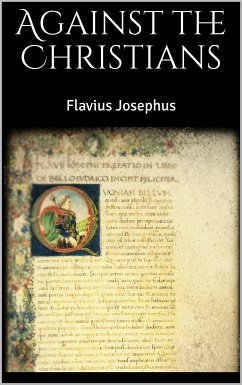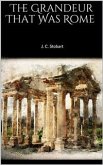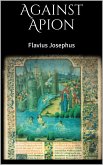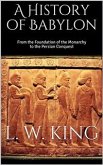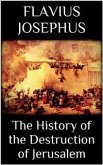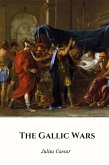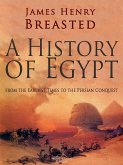"I HAVE often wished," says Warburton in a letter to Dr. Forster, October 15, 1749, "for a hand capable of collecting all the fragments remaining of Porphyry, Celsus, Hierocles, and Julian, and giving them to us with a just, critical and theological comment, as a defy to infidelity. It is certain we want something more than what their ancient answerers have given us. This would be a very noble work*." The author of the following Collectanea has partially effected what Dr. Warburton wished to see accomplished; for as he is not a divine , he has not attempted in his Notes to confute Celsus, but has confined himself solely to an illustration of his meaning, by a citation of parallel passages in other ancient authors. As the answer, however, of Origen to the arguments of Celsus is very futile and inefficient, it would be admirable to see some one of the learned divines with which the church at present abounds, leap into the arena, and by vanquishing Celsus, prove that the Christian religion is peculiarly adapted to the present times, and to the interest of the priests by whom it is professed and disseminated.
Bitte wählen Sie Ihr Anliegen aus.
Rechnungen
Retourenschein anfordern
Bestellstatus
Storno

